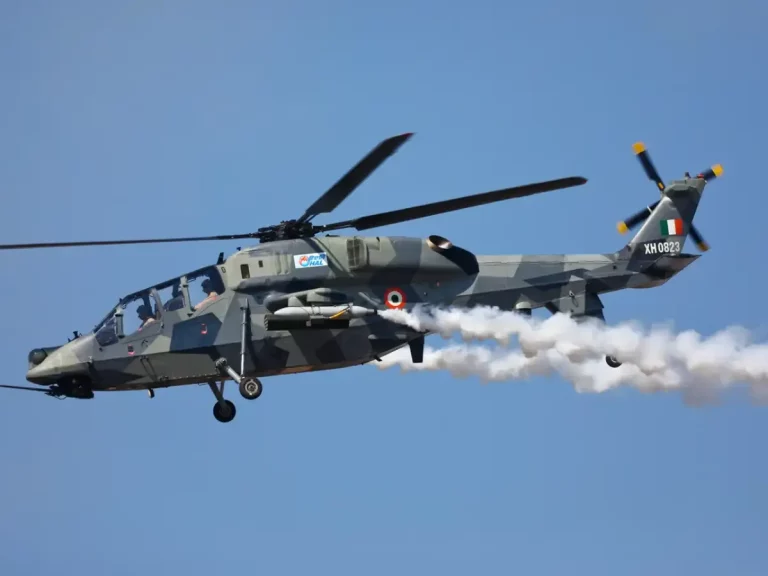In a significant escalation of tensions in Jammu and Kashmir, a series of explosions were reported in Samba district, coinciding with India’s air defense systems successfully intercepting Pakistani drones. This incident unfolded during a blackout, a tactical decision that likely aimed to enhance visibility and effectiveness in countering aerial threats. Such occurrences underscore the ongoing pattern of drone warfare, wherein both India and Pakistan are engaged in intricate counter-drone operations.
Samba, along with its neighboring regions, holds strategic significance due to its proximity to the Line of Control (LoC). The deployment of advanced air defense systems, including the S-400, illustrates India’s concerted efforts to fortify its military responses to cross-border drone activities. This initiative is a critical component of India’s strategy to enhance its defensive capabilities in light of the evolving security landscape, particularly in the wake of heightened hostilities.
The recent incidents highlight the ongoing complexities and tensions in the region, showcasing the sophisticated technology both nations are deploying to counter aerial intrusions. The blackout, paired with the explosions, signals a state of heightened alert and strategic maneuvering designed to protect the integrity of national security along the volatile border. Such developments reflect the increasing militarization of the region and the pressing need for effective security measures as both countries navigate the challenges posed by modern warfare dynamics.







